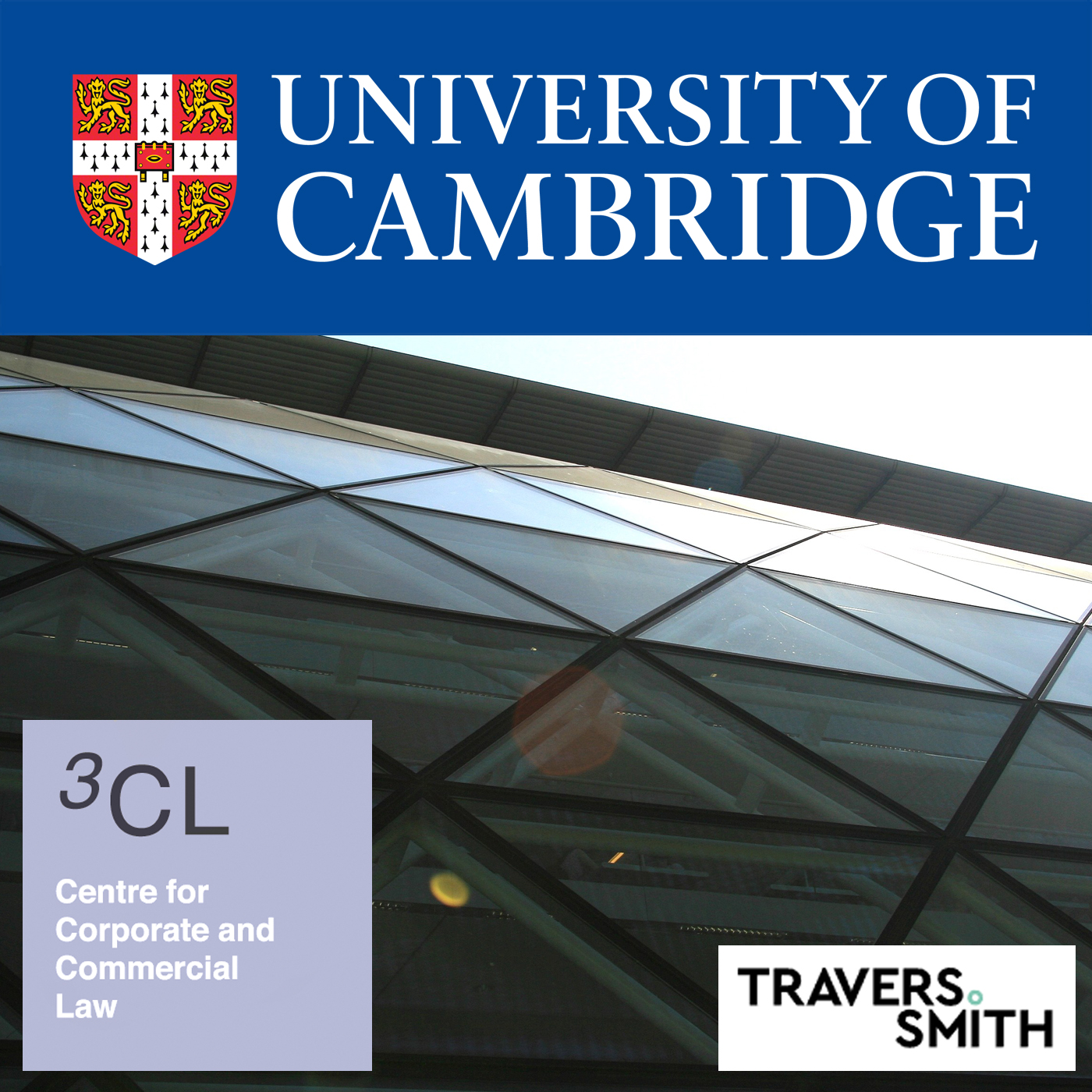'"Nobody is Proud of Soft Dollars": A Critical Review of Excess Brokerage Commissions in the United States and the Significance of Recent MiFID II Reforms in the European Union' - Howell E. Jackson: 3CL Travers Smith Seminar
Duration: 45 mins 31 secs
Share this media item:
Embed this media item:
Embed this media item:
About this item

| Description: |
Professor Howell E. Jackson (Harvard Law School) gave a lecture entitled ""Nobody is Proud of Soft Dollars": A Critical Review of Excess Brokerage Commissions in the United States and the Significance of Recent MiFID II Reforms in the European Union" on 21 October 2019 at the Faculty of Law as a guest of 3CL.
For more information see the Centre for Corporate and Commercial Law website at http://www.3cl.law.cam.ac.uk/ |
|---|
| Created: | 2019-10-21 14:38 |
|---|---|
| Collection: |
3CL Travers Smith Seminar Series videos MOVED
3CL Travers Smith Seminar Series (audio) MOVED |
| Publisher: | University of Cambridge |
| Copyright: | Mr D.J. Bates |
| Language: | eng (English) |
| Abstract: | Since 1975, investment advisers in the United States have been permitted to pay excess brokerage commissions on securities transactions and then utilize those excess payments – commonly known as “soft dollars” – to purchase research and related services, thereby subsidizing the investment advisers’ own profit margins. Over the past four decades, the SEC has made fitful efforts to curtail the practice and enhance the transparency of soft dollar payments, but the Commission has been routinely thwarted by a financial services industry that profits from soft dollars and strives to keep the payments obscure and undiminished. In the past few years, financial authorities in the EU and the UK have taken a fresh look at excessive brokerage commissions under MiFID II and are moving towards regulatory reforms that force the unbundling of commission charges in a manner that is likely to make this aspect of their financial markets much more investor-friendly than U.S. markets and arguably more efficient as well. The emergence of new international standards for the oversight of soft dollar payments presents challenges to firms in the financial services industry that increasingly will need to comply with conflicting legal regimes across national boundaries. |
|---|---|

